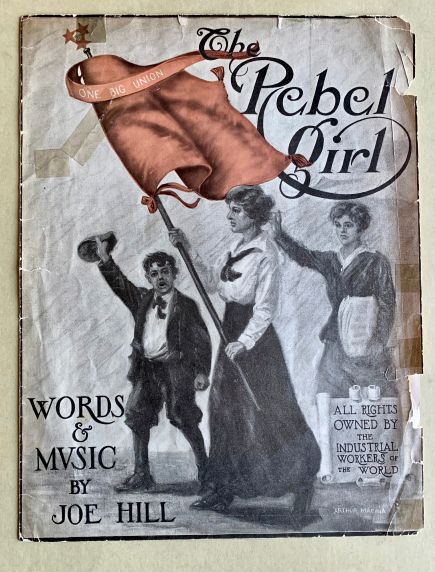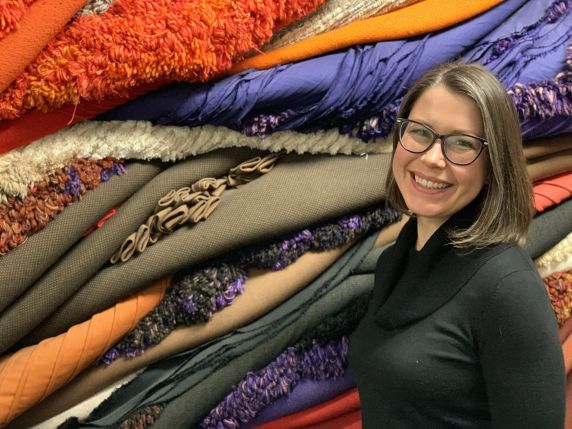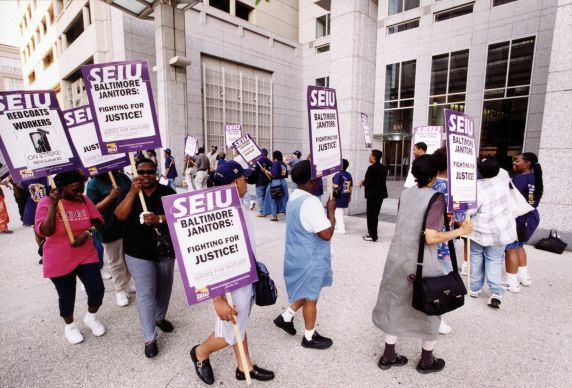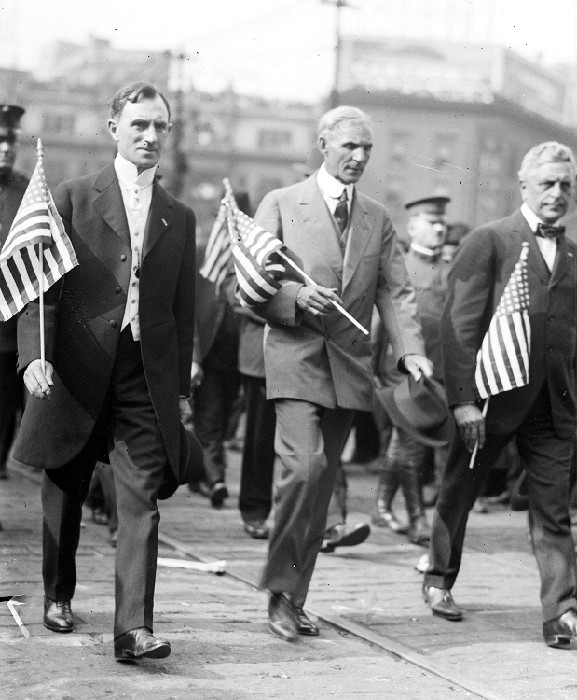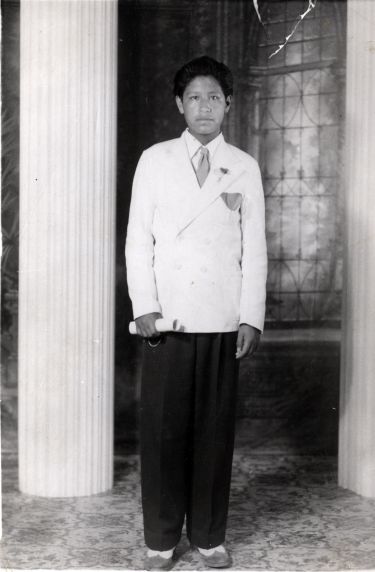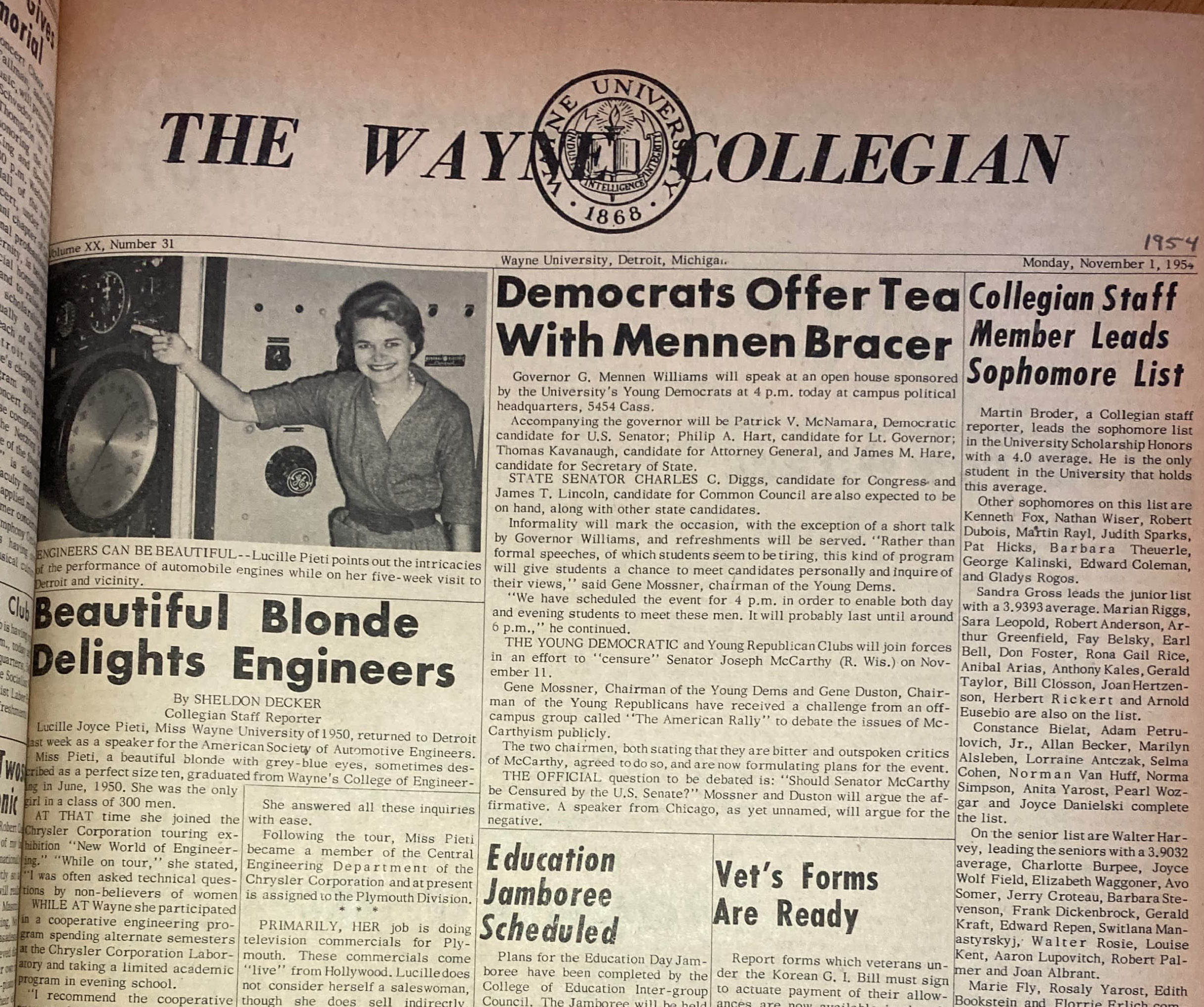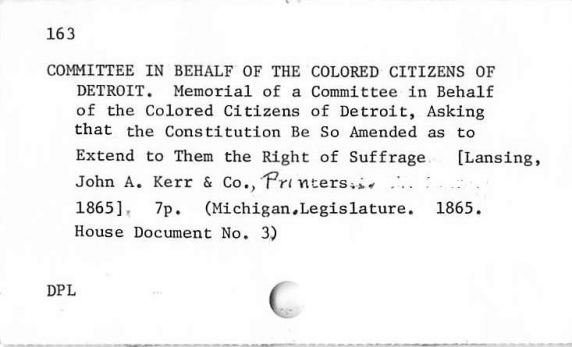Historian Jane Little Botkin explains how Jane Street, a single mother, firebrand, and little-known IWW organizer, orchestrated a 1916 housemaids’ rebellion in Denver. To fight for better pay and working conditions in the elite Capitol Hill neighborhood, Street worked with—and later, despite—the IWW to blacklist and shame the area’s worst domestic employers, thereby disrupting the comfort and reputations of some of Denver’s most influential and powerful families.
Author of The Girl Who Dared to Defy: Jane Street and the Rebel Maids of Denver and Frank Little and the IWW: The Blood That Stained an American Family, Botkin has received two Spur Awards from the Western Writers of America, the Caroline Bancroft History Prize from the Denver Public Library Western History and Genealogy Department, and the Best Historical Nonfiction Award from the Texas Association of Authors.
Related Collections:
Industrial Workers of the World Records
Related Resources:
Botkin, J.L. (2021). The Girl Who Dared to Defy: Jane Street and the Rebel Maids of Denver. University of Oklahoma Press.
Episode Credits
Producers: Dan Golodner and Troy Eller English
Interviewer: Dan Golodner
Interviewee: Jane Little Botkin
Music: Bart Bealmear
Podcast: Play in new window | Download | Embed
Subscribe: Apple Podcasts | Spotify | Android | Podchaser | RSS | More
